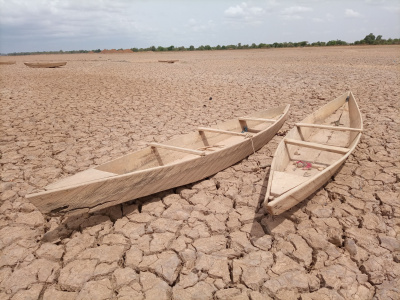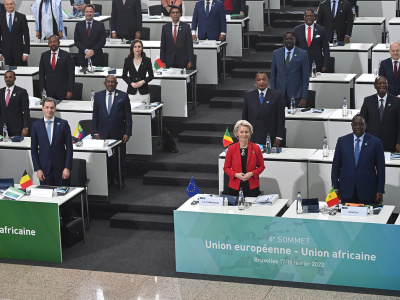
Climate change and conflict in the Central Sahel: A shared responsibility to support local resilience
Authors
This page is also available in French.
Summary
In the Central Sahel, both the climate and security crises are acute. Strengthening the ability of local communities and actors to respond and adapt to shocks is pivotal and urgent.
This paper shows that regional support to local resilience is much-needed but should have a stronger focus on vulnerable areas. Regional, national and international actors should better coordinate their actions based on regional organisations’ comparative advantages. They should also simplify existing coordination and cooperation mechanisms; which, more importantly, should be led and owned by the region.
The responses to the crisis should also rely more on localised gender-sensitive and conflict-sensitive analyses and take into account psychological factors. They should be more informed by Sahelian expertise and able to rely on more (flexible) funding, including from Sahel states towards their own regional organisations.
Lastly, stronger support for community resilience should not divert from the state’s responsibility to protect civilians and ensure basic living conditions. Support for resilience should be complementary and reaffirm the state’s primary role to address governance issues and protect civilians through military and non-military measures.





